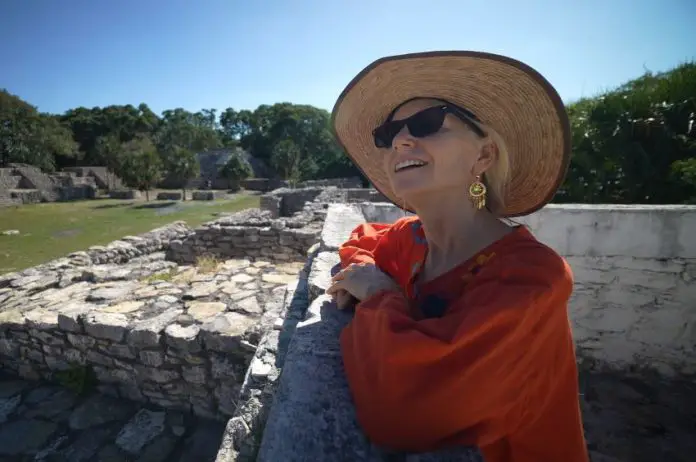Change is difficult, especially as we age. Such is the common belief: The older we get, the more encased we become in our stiff, inflexible containers of self. As a popular book title in the 1990s put it, wherever you go, there you are. You can’t escape yourself.
Or can you? After we move abroad, many of us change much more than our addresses and zip codes. Often we change our habits, routines, friends, priorities, values and even our sense of self. After living part-time in Mexico for 20 years, I’ve been struck by how much lighter I am, both physically and psychologically. Some of that may be due to aging and no longer having to earn a living, but I know in my heart that some of it is Mexico itself.
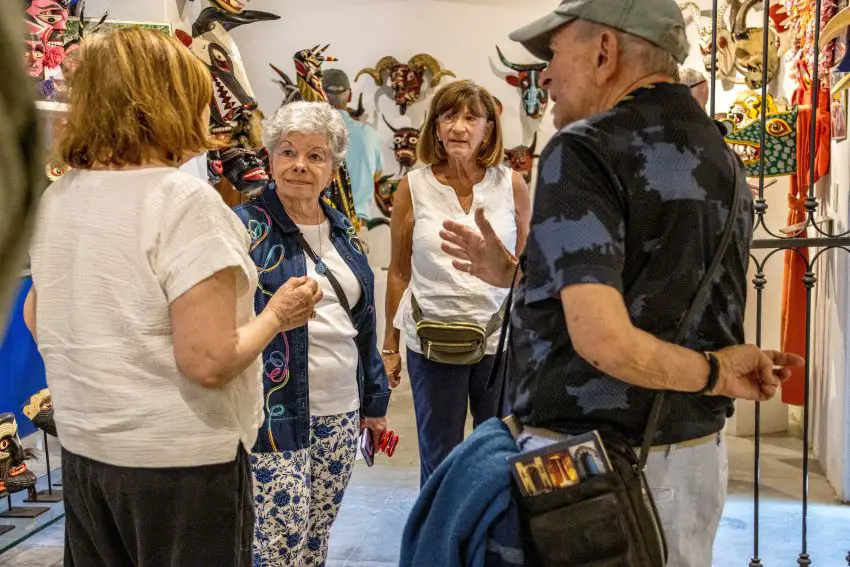
And I’m not alone. I asked a number of foreigners, mostly residents of Guanajuato, where my husband and I own a home, to share their thoughts. It turns out that moving to Mexico brought about positive changes in their lives that they had never been able to achieve before.
Many were ready for a major reset and ripe for change. In my husband’s and my case, we had wanted an international base for years. Others were at a transition point: a divorce, the end of a career, children grown, even the death of the family dog. And some were exhausted by U.S. partisan politics.
Social life
One of the main areas people described was friendships and social life. Martine, a Quebecker who moved to Vancouver when she was 20, told me that she had “made more friends in Mexico in the last 12 years — mostly in the first couple of years — than I have all my life in Canada.”
Deb, an Oregonian, agrees. ”I’m much more social than I was in Portland,” she says. “And with that has come a sense of warmth towards people — even those I pass on the street! In Mexico, people are outside in public spaces so much of the time.”
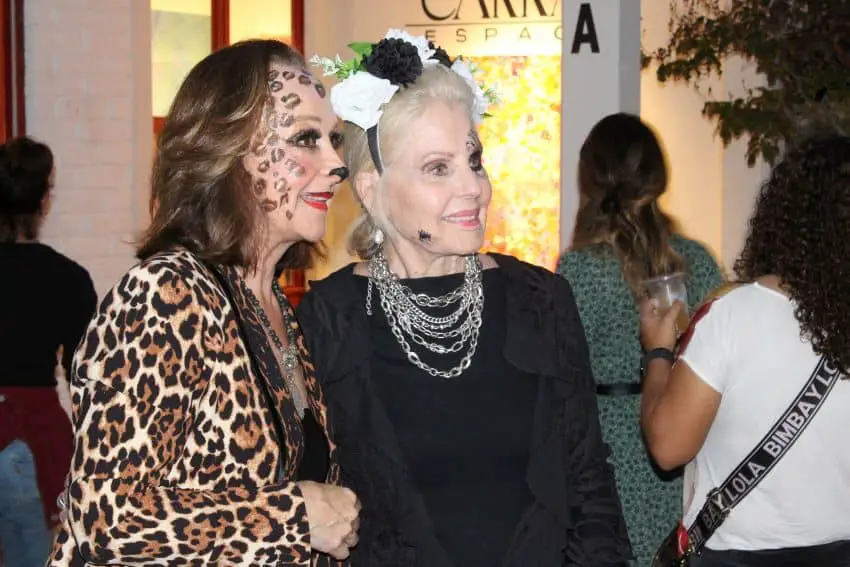
Exercise, eating change and weight loss
Many people reported becoming healthier since moving to Mexico. “Guanajuato comes with a free gym membership,” says Tom, a Texan who’s lived in the city for 24 years. “It’s easier to get to most places walking, so it isn’t discipline or exercise, it’s just more efficient.”
Others have lost weight. “Because we can’t hop in our car and drive to Popeye’s chicken,” says Billy, who used to live in Oakland, “my eating habits are much healthier. Combined with all the walking and stairs, he has lost 23 pounds since moving to Mexico 9 months ago. “And I still enjoy the same number of margaritas!” he adds.
A few adapted their eating rhythms. Cathy, from Colorado, now eats on a Mexican schedule: late breakfast and a mid-afternoon lunch. She also eats more fresh fruits and vegetables.
Others got rid of their cars, and don’t miss the cost of insurance, gas and maintenance.
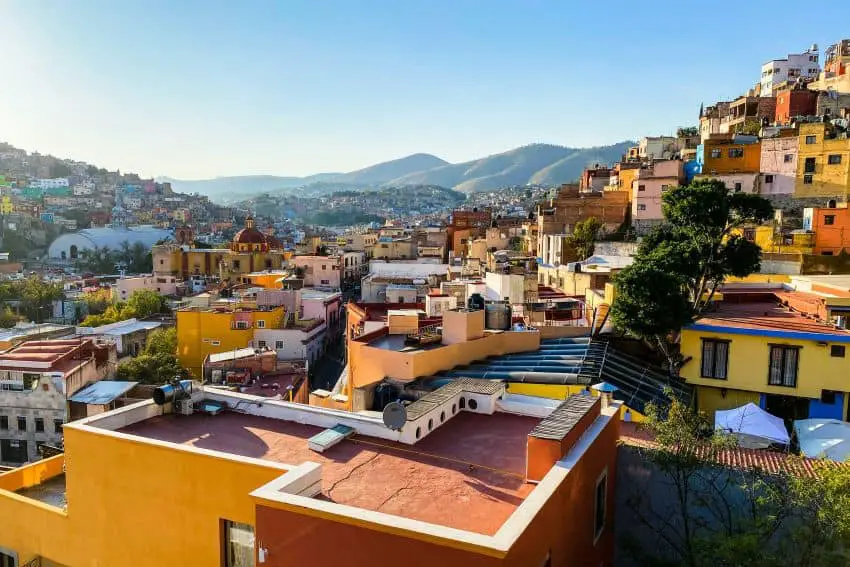
Adapting to a different, more relaxed culture
“Life here reminds us of our childhoods, with friendly neighborhoods, local stores, strong community and family values,” say Kevin and Jan, a Denver couple who both grew up in Westchester County, New York. “It’s comforting to feel a part of things in our ‘hood.” They chose their neighborhood to immerse themselves in local culture and avoid the expat bubble trap. “The vibrant colors and sounds, the abuelas and kids in our neighborhood, cheer us up with their stories and laughter. It’s a society that is more grounded in gritty reality — combined with lots of personal affection.”
Cathy appreciates the less complicated lifestyle. “I rent, I don’t have a car and my needs are minimal. I no longer want more stuff, and it’s been easy to make new friends,” she says.
Evelin and Doug, a couple who moved from Pasadena, love the different values found in Mexico. “Mexicans focus more on living a happy life than financial gain,” says Evelin. “This is so refreshing, and it’s why we chose to live here.”
Jack, who with his wife Jacquie, divides his life between Guanajuato and Bend, Oregon, believes that getting angry when things don’t go his way doesn’t work. “I just go with the flow, be patient and polite. It will all work out.”
Cathy agrees. “I love living in this culture. I find Mexican people friendly, helpful and they don’t seem to take themselves too seriously. It’s nice to be able to strike up conversations with people sitting on a park bench.”
Learning Spanish
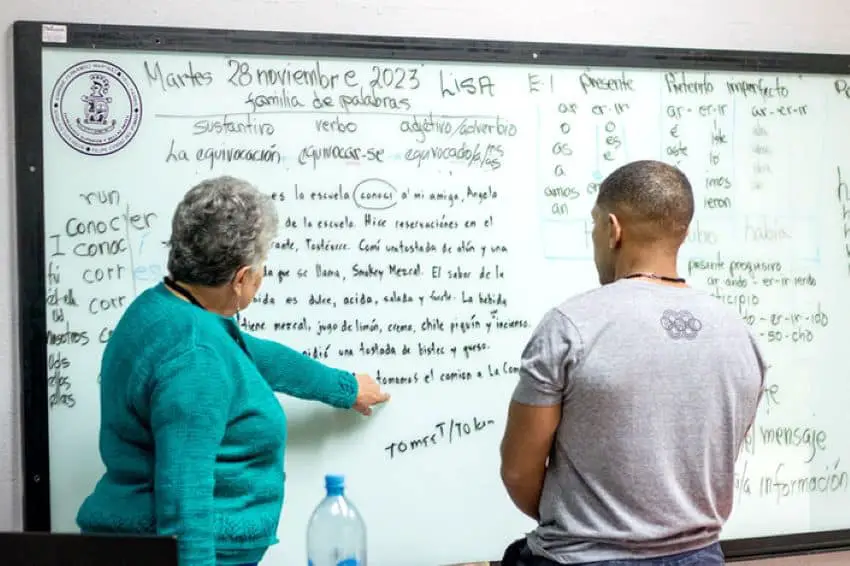
Liz, a woman from Austin, Texas, who lives in San Miguel, is comfortable speaking Spanish after taking a six-month, four-hour-a-day immersion course. “It was one of the hardest things I’ve ever done,” she says. “But I feel it’s really helping my brain, and hopefully keeping Alzheimer’s at bay.”
“When we lived in the Bay Area,” says Billy “many people spoke Spanish, but I didn’t. Just lazy, I guess. But here, speaking Spanish is a must, and I am learning more each day.”
Deep changes
The most profound transformations have happened to people who truly immerse themselves in the culture. Tom married a Mexican woman and became part of her family. “Changing cultures involved giving up some of my desire to be recognized for personal accomplishments,” he says. “My sense of who I am is more malleable than I used to believe. Everything is more interesting not knowing things for sure, including who I am. Life is more mysterious and exciting.”
Mexico seems to change a person. We speak a different language, eat differently, move differently, even dream differently. Surrounded by new colors, textures, rhythms and sounds, many of us outgrow our old selves. Whatever once defined us shifts, our boundaries soften, and, like other species, we shed our skins.
Louisa Rogers and her husband Barry Evans divide their lives between Guanajuato and Eureka, on California’s North Coast. Louisa writes articles and essays about expat life, Mexico, travel, physical and psychological health, retirement and spirituality. Her recent articles are on her website, https://authory.com/LouisaRogers.
